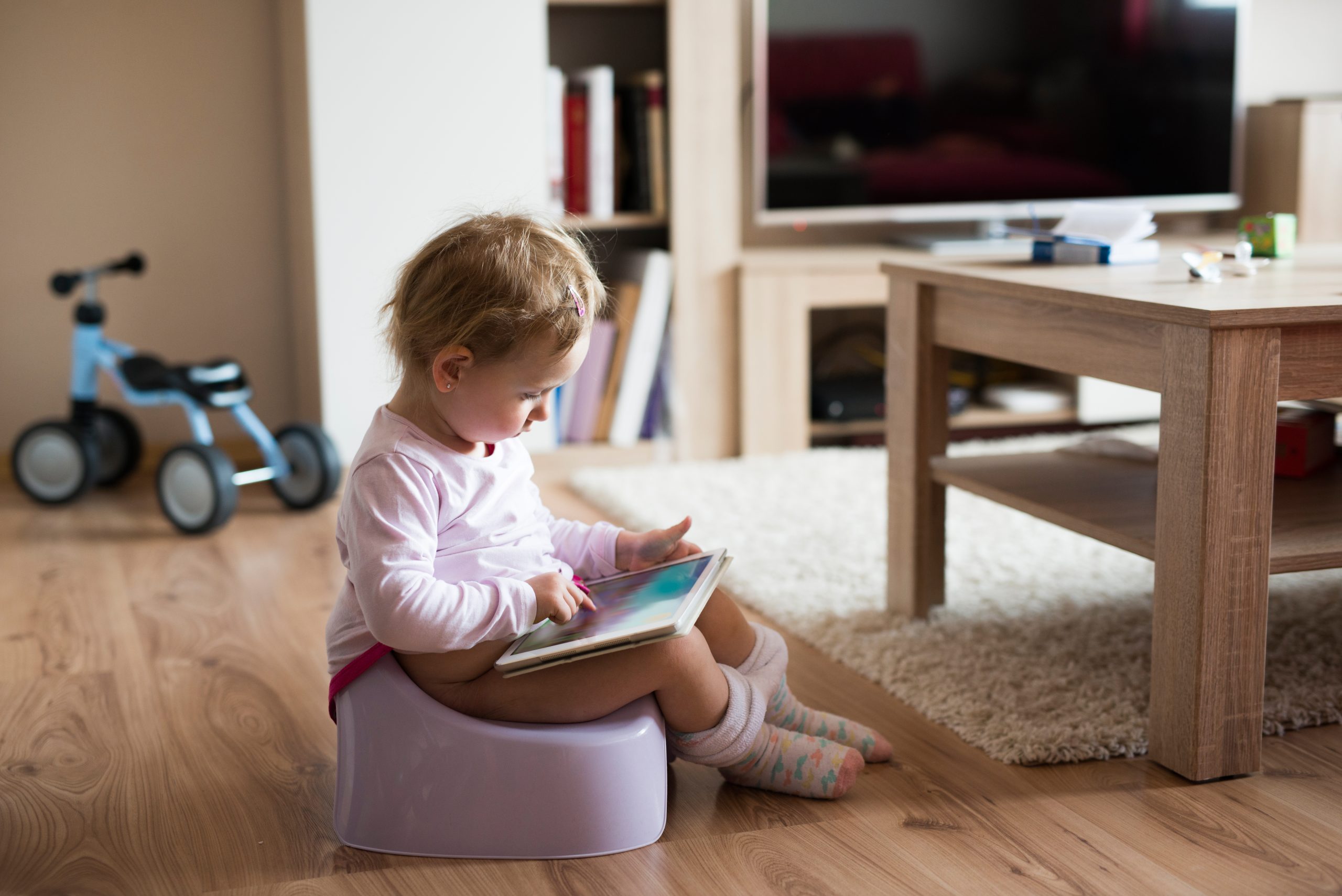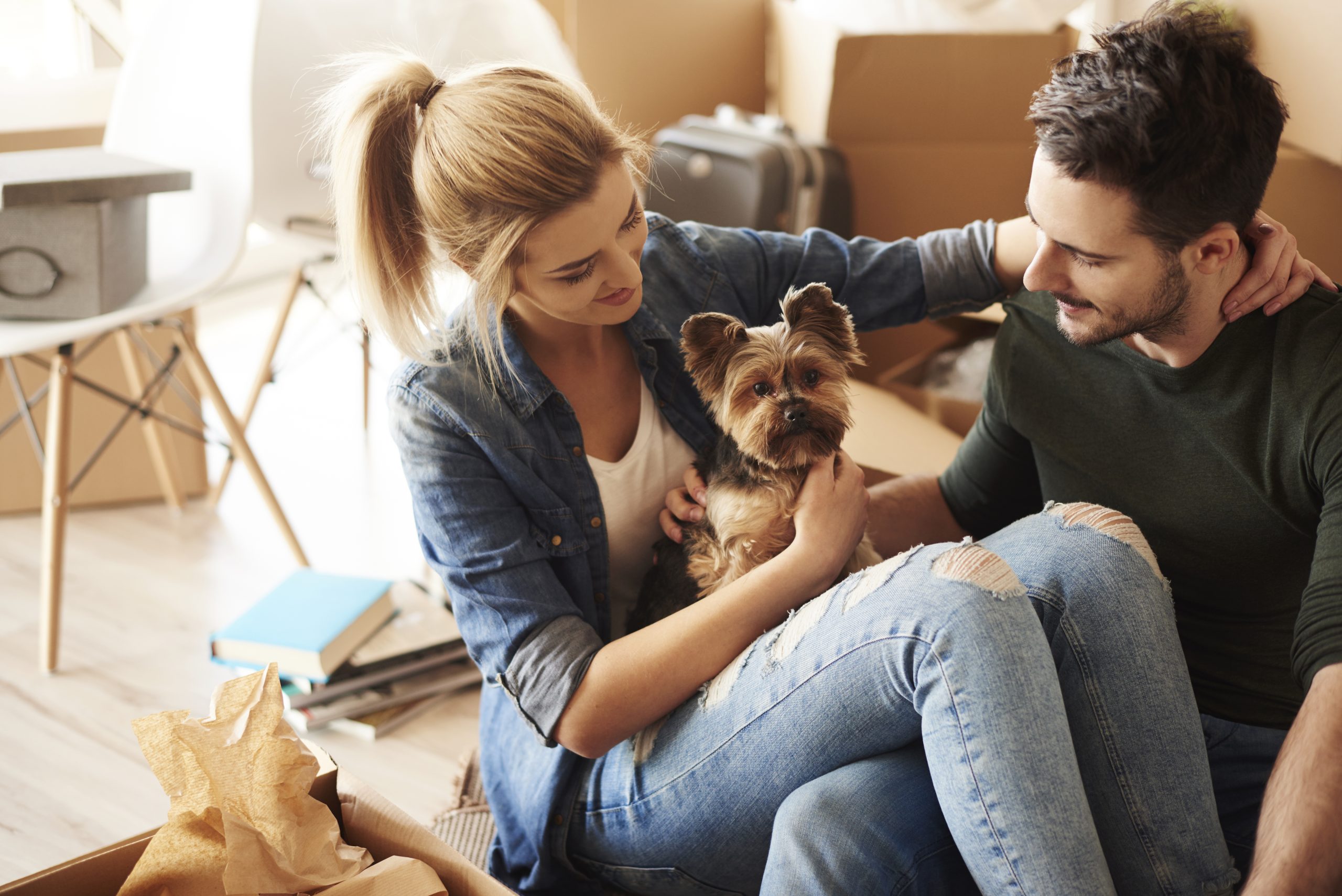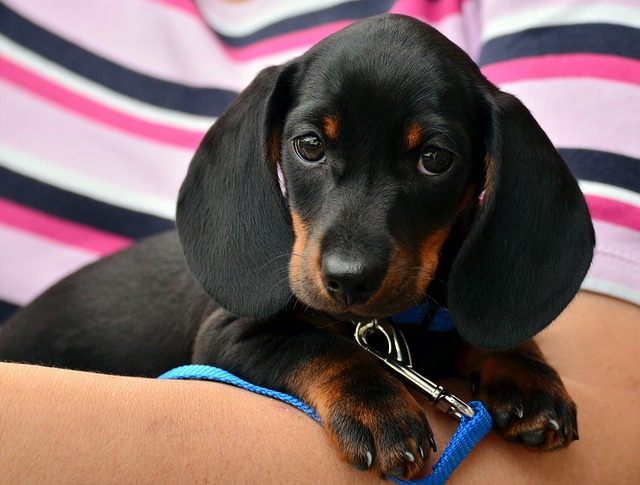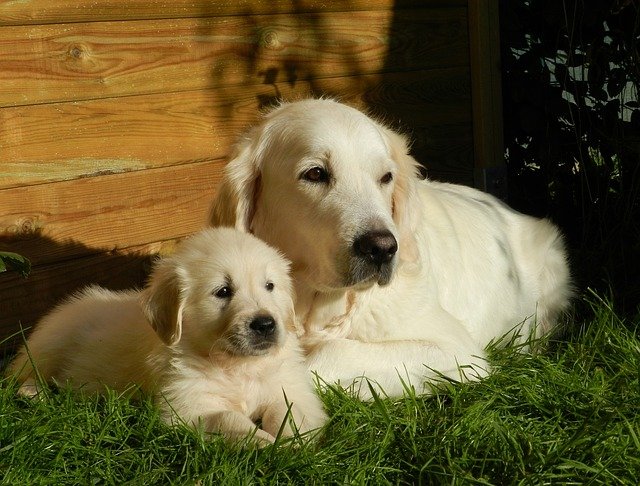Dog training is an essential aspect of owning a dog. It helps you establish a strong bond with your furry friend and ensures that they behave well in public places. One of the most crucial aspects of dog training is potty training, which involves teaching your puppy where to relieve themselves. In this blog post, we will discuss some common mistakes people make when potty training their dogs and how to avoid them.
Introduction to Dog Training
Dog training is not just about teaching your dog tricks or commands; it’s also about helping them develop good behavioral habits. Puppies need to be trained from an early age so that they can grow up to become well-behaved adult dogs. The first step towards successful dog training is understanding your dog’s body language and behavior. You should also set realistic goals for your dog based on their breed, age, and temperament.
The Importance of Potty Training Your Puppy
Potty training is one of the most significant aspects of dog training. It helps prevent accidents inside the house and reduces the risk of your dog developing health problems due to poor hygiene. Teaching your puppy where to relieve themselves also helps build trust between you and your pet.

Common Mistakes People Make When Potty Training Their Dogs
1. Not starting soon enough – Many people wait until their puppy is too old before starting potty training. This makes it harder for the pup to learn new habits as they have already developed bad ones.

2. Using harsh punishments – Some owners resort to physical punishment when their dog has an accident indoors. However, this approach only leads to fear and anxiety in the dog, making it difficult for them to learn anything.
3. Ignoring cues – Most dogs give subtle signs when they need to go out such as sniffing around or pacing. If you ignore these cues, your dog may end up having an accident indoors.
4. Not providing enough opportunities to eliminate outside – Some owners assume that because their dog went out once, they don’t need to go again. But pups need frequent breaks throughout the day to eliminate waste.
5. Rewarding bad behaviors – Sometimes, owners unintentionally reward their dog for misbehaving by giving attention or treats after an accident. This reinforces the negative behavior instead of correcting it.
How to Avoid These Mistakes and Train Your Dog Successfully
To successfully potty train your dog, you should:
1. Start early – Begin potty training as soon as you bring your puppy home. Take them outside frequently to help them get used to eliminating waste outdoors.
2. Use positive reinforcement – Instead of using harsh punishments, use rewards like praise or treats when your dog goes outside to do their business.
3. Pay attention to cues – Watch for subtle signals that your dog needs to go out, and take them immediately.
4. Provide plenty of opportunities – Take your dog out every hour during the day, especially if they are young or small. They may need more frequent breaks than older or larger dogs.
5. Don’t reward bad behaviors – Ignore any accidents your dog has indoors, and focus on positively reinforcing good behavior outdoors.
Obedience Training for Your Dog: What You Need to Know
Once your dog has mastered basic obedience skills like sitting, staying, and coming when called, you can move onto advanced training techniques. Obedience training teaches your dog to follow your commands even in distracting environments. To start off, you should teach your dog the following commands:
1. Sit – Teach your dog to sit on command by saying “Sit” while gently pushing down on their rump. Praise them when they obey.
2. Stay – Teach your dog to remain seated on command by saying “Stay” and holding up a hand signal. Gradually increase the time they must stay still.
3. Come – Teach your dog to come running to you on command by saying “Come” and clapping your hands together. Practice this in different locations and distances.
Finding the Best Puppy Training Method for Your Dog
There are several methods available for puppy training, including clicker training, leash/collar training, and positive reinforcement training. Clicker training uses a clicking sound to indicate when your dog performs a desired behavior, while leash/collar training involves physically guiding your dog into position. Positive reinforcement training uses rewards like treats or praise to encourage desirable behavior. Choose a method that works best for both you and your dog.
Indoor Puppy Training Tips
If you live in an apartment or condo, you might find it challenging to potty train your puppy indoors. Here are some tips to help you through the process:
1. Crate training – Use a crate to confine your puppy when you cannot supervise them directly. This prevents accidents and gives them a safe space to rest.
2. Newspaper training – Place layers of newspaper on top of each other in a corner of your living room or kitchen. Show your puppy where to urinate and defecate on the paper.
3. Schedule breaks – Take your puppy out at regular intervals throughout the day to eliminate waste outside. Keep track of the times they go out and try to schedule breaks accordingly.
Stop Your Puppy from Chewing Things: Effective Solutions
Chewing is a natural behavior for dogs, but sometimes they chew things they shouldn’t. Here are some effective solutions to stop your puppy from chewing things:
1. Give them appropriate items to chew – Offer your puppy toys designed specifically for chewing, like rubber balls or stuffed animals made of durable materials.
2. Supervise them closely – Keep an eye on your puppy whenever possible to catch them in the act of chewing something they shouldn’t. Correct them firmly and redirect them to an acceptable item to chew.
3. Spray deterrents – Use bitter apple spray or similar products to discourage your puppy from chewing furniture or household items.
All in all, dog training requires dedication, consistency, and patience. By following the above tips and advice, you can ensure that your dog grows up to be well-mannered and obedient. Remember to always show love and affection towards your furry companion, and never forget that training should be a fun experience for both of you!

